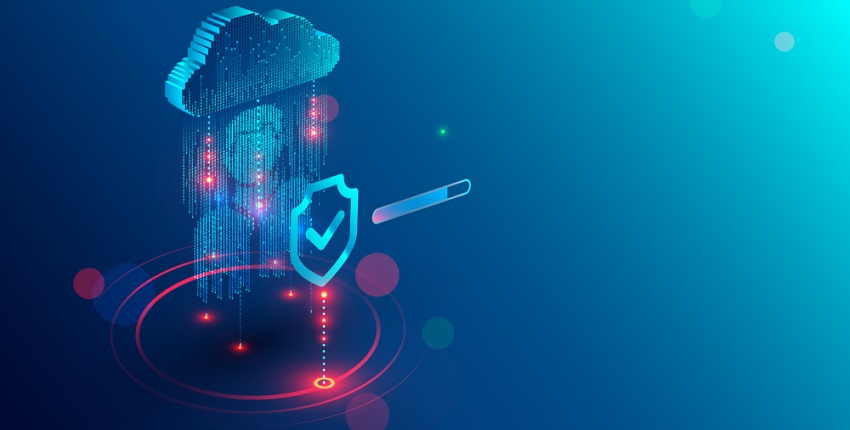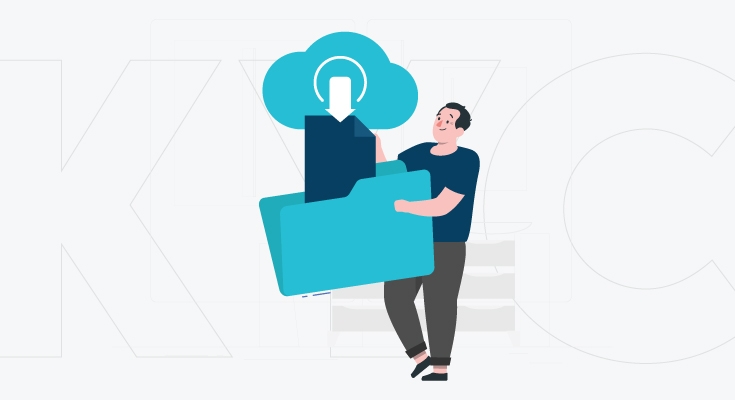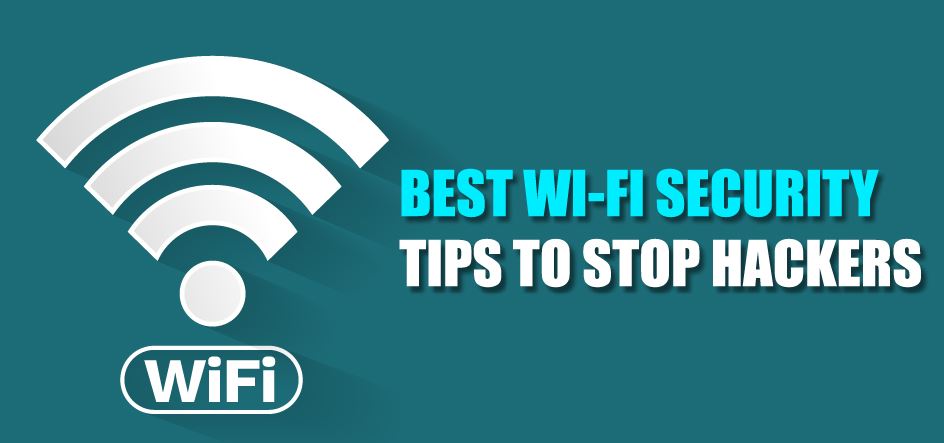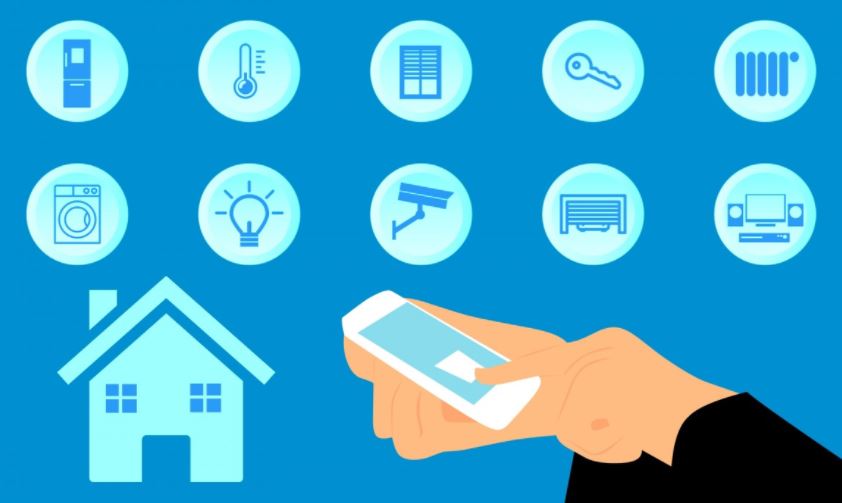In this day and age, it’s as important to protect yourself from criminals online as it is in real life. There’s a potential cybercriminal lurking behind every screen and most people fail to protect themselves until it’s too late. Cybercrimes have been growing every year and most of it is because most people fail to follow basic cyber security tips.
With basic cyber security practices, you can browse the web and be safe online from predators. Most cybercriminals are after your personal data such as:
- Social security number
- Passwords to social media and email
- Bank account detail
- Sensitive personal data (photos, videos)
Digital fraudsters are becoming incredibly smart and the only way to stop them is to integrate the basic cyber security tips into your online activities. Everything you do online can be risky if you are negligent. Phishing scams, ID frauds, and other types of fraud originate from cybercrime.
This is the reason we’ve created this guide. In this article, we will mention some of the most basic cyber security tips that everyone should be aware of.
10 Personal Cyber Security Tips
1. Use Up-to-Date Software
Most ransomware attacks on businesses and consumers happen because they were using outdated software. To prevent ransomware fraud, it is essential to keep all your software up to date such as operating systems, and applications. By doing this, you can remove the major weak points that hackers use to access your devices. Here’s how you can stay up to date:
- Turn on auto-update for your devices
- Make sure your web browser is updated automatically
- Keep your web browser plugins updated
2. Use Firewall and Antivirus
The second-best personal cyber security habit that you can adopt is to use antivirus and firewall on your devices. Antivirus software blocks malware and other viruses from entering your devices. You should use anti-virus software only from trusted providers.
A firewall is just as important while browsing online. They act as the primary defense while defending your data from malicious attacks. A firewall helps in screening out hackers, viruses, and other malicious activities. Windows and Mac OS X have their respective firewalls to make sure that the users are protected.
3. Use Strong Passwords
Another personal cyber security tip is to use strong passwords. Anything that’s too easy to guess is vulnerable to attacks. You shouldn’t use your birth date, your pet’s name, or your home address as your password. For having a secure password, you should follow these practices:
- Use a combination of numbers, uppercase and lowercase letters, and symbols.
- Your passwords should have a minimum of 8 characters and a maximum of 64 characters
- Don’t use the same password everywhere
- Choose something that’s easy to remember and never leave a password hint that makes it easy for hackers to guess the password
- Reset your password when you forget it. If possible, keep changing your password every year
You should also use a password manager as they help in remembering all your passwords. Some password generators also help in generating strong passwords.
4. Multi-Factor Authentication
Most people don’t know it but multi-factor authentication is the best thing you can do to protect yourself online. Multi-factor authentication or two-factor authentication provides an additional layer of security. When you enter your username and password to log in, the platform will send a one-time password (OTP) to your registered email and mobile number. You need to enter this OTP at the platform to log in. A hacker can’t access your accounts even if they have your password as they will be stopped by multi-factor authentication.
5. Learn About Phishing Scams
Phishing scams are becoming more and more common every day and surprisingly more people fall prey to them every day. In a phishing scam, the hacker tries to gather your personal information by acting like someone else. They could act like an individual or a business, to get you to click on a malicious link, or open an attachment that may contain a virus. A phishing scam often leads to a ransomware attack, as a matter of fact, most ransomware attacks originate from phishing scams.
Here’s how to detect phishing scams:
- Don’t open emails from people you don’t know
- Hover over a link before opening to see if it leads to a website you’re expecting.
- Be careful with emails in general. Always look for grammatical mistakes and other mistakes in emails. These could be signs of a phishing scam.
- Malicious links can also come from friends that have been infected, so be extra careful
6. Protect Sensitive Information
Personally identifiable information or PII is the primary information that hackers try to access. This information can be used to identify and locate an individual. As a personal cyber security rule, make sure to protect your PII as well as possible. Common examples of PII include:
- Address
- Name
- Phone number
- Date of birth
- Social security number
- IP address
- And other digital ID data
Be extra careful on social media, and try not to share too much information about yourself as you don’t know who can see your profile and who can not.
7. Use Smartphones Carefully
This is one of the most neglected personal cyber security tips. Over 2 million mobile phones worldwide are affected by malware and ransomware. Here are some things you can to do protect your smartphone:
- Create a difficult password. Don’t use your birthday and bank PIN
- Make a habit of installing apps only from trusted sources
- Keep your device up to date. Hackers tend to attack devices with older operating systems
- Avoid sending PII or sensitive information over text messages and email
- Use “Find my iPhone” and the “Android Device Manager” to prevent loss and theft
- Perform regular mobile backups using iCloud or Enabling Backup & Sync for Android.
8. Make Regular Backups
Backing up your data regularly is an overlooked step in personal online security. The best IT professionals use a 3-2-1 rule. The rule suggests that you should make 3 backups of your data, store it in two different devices (one local and one external) and keep one copy of data in the cloud.
This way, even if you become a part of a ransomware or malware attack, you can rest easy that your data is safe.
9. Don’t Use Public WiFi
Public WiFi is often home to hackers. Cybercriminals often sit and wait patiently on public WiFi networks. If you have to use public WiFi, make sure to use a VPN service that can encrypt the data you’re sending and receiving. Instead of using WiFi, use your cellular data in public.
10. Review Your Accounts Regularly
Make a habit of checking your online bank accounts and credit card reports for suspicious activities. Sometimes, you may have become a victim of fraud and you may not realize it. This is why you should carefully analyze your credit card bill and online bank statements every month. If you find a charge that you don’t recognize, then contact your card providers and freeze the ca





